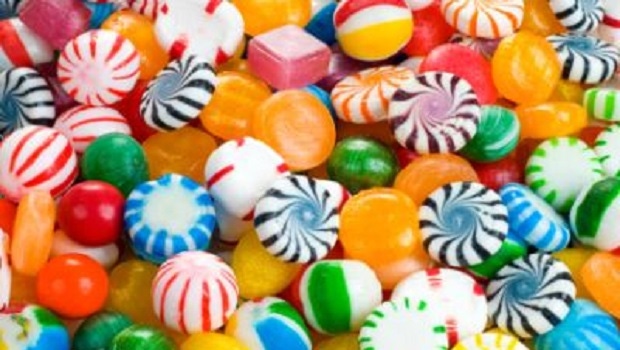A coalition of health groups has filed a petition with FDA asking the agency to ban eight synthetic flavorings commonly found in in ice cream, baked goods, candy and beverages because they are known to cause can in laboratory animals. Specifically, the group is seeking to ban seven synthetic flavors including benzophenone, ethyl acrylate, eugenyl methyl ether, myrcene, pulegone, pyridine and styrene, along with trans,trans-2,4-hexadienal that has been deemed GRAS approved.
June 10, 2015

A coalition of health groups has filed a petition with FDA asking the agency to ban eight synthetic flavorings commonly found in in ice cream, baked goods, candy and beverages because they are known to cause can in laboratory animals. Specifically, the group is seeking to ban seven synthetic flavors including benzophenone, ethyl acrylate, eugenyl methyl ether, myrcene, pulegone, pyridine and styrene, along with trans,trans-2,4-hexadienal that has been deemed GRAS approved.
The petition was filed today by the Natural Resources Defense Council (NRDC), the Center for Science in the Public Interest (CSPI), the Center for Food Safety, Consumers Union, Improving Kids’ Environment, the Center for Environmental Health, the Environmental Working Group, and Dr. James Huff, the former associate director for chemical carcinogenesis at the National Institute of Environmental Health Sciences—seeks two specific actions by FDA.
First, the groups urge FDA to revoke its 1964 approval allowing seven flavorings to be used in food, and overturn the industry’s 1974 self-approval of the eighth synthetic flavor which they assert can be used under a loophole in the law for chemicals that are “Generally Recognized as Safe," or GRAS.
Second, the groups urge FDA to formally ban the eight flavorings from use in food, which were allowed on the market long before animal studies showed that the chemicals cause cancer.
Each of the synthetic flavorings has been found by the National Institutes of Health’s National Toxicology Program to induce cancer in humans or animals. The petition states that the flavorings which have been allowed for more than 40 years in food should be prohibited immediately to prevent their continued use.
Other government agencies and authoritative bodies also have evaluated some of the synthetic flavors and confirmed the cancer hazard. For example, the International Agency for Research on Cancer, an arm of the World Health Organization, designates five of the synthetic flavorings as causing cancer in animals and “possibly carcinogenic to humans," and the Office of Environmental Health Hazard Assessment in California designates seven of them as carcinogens, the petition states.
To learn more about the use of flavors in food and beverages, please download Food Product Design’s free “Survival Guide: Flavors" Digital Issue.
You May Also Like




.png?width=800&auto=webp&quality=80&disable=upscale)